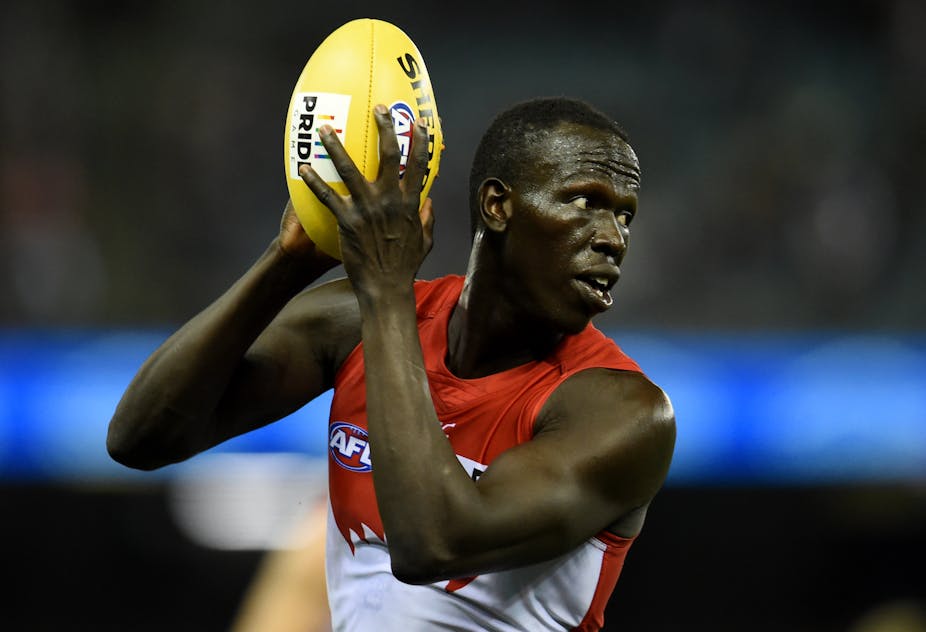Malcolm Turnbull will tell the United Nations General Assembly climate change threatens “the future of generations around the globe”, in an address also promoting Australia’s case for election to the UN Human Rights Council.
In his wide-ranging speech, Turnbull will say the scale of the international refugee and displaced persons problem is so great – 65 million people – “that resettlement in other countries can never come close to being near enough” to deal with it.
“The most urgent priority is to re-establish stability and assure security in regions of conflict and in addition ensure that there are greater opportunities for economic advancement in the source countries of so much of this irregular migration,” he says.
“Ultimately, we will only find sustainable solutions by addressing the root causes and drivers of displacement. The largest of these are conflict and instability.”
Turnbull delivers his address, part of which was released beforehand, on Friday morning Australian time.
He also will press the need for countries to accept the return of their citizens – whether on a voluntary or involuntary basis – who do not qualify for protection. Australia has been frustrated at Iran’s refusal to accept forcible returns.
Turnbull reprises the three-pillar basis of “Australia’s response to the global surge in migration” – strong border controls and a planned migration program; a compassionate humanitarian policy; and effective international and regional co-operation.
He will again hail Australia’s success as a multicultural nation, recounting the story of Aliir Aliir, who grew up in a refugee camp in Kenya after his family fled the civil war in Sudan and this year made his debut for the Sydney Swans, the AFL team Turnbull supports. Aliir has become “a role model in our multicultural nation, especially for young people in Western Sydney”.
Turnbull will warn: “We need to see the world clear eyed as it is, not as we would like it to be, or as we fondly imagine it once was.
"Secure borders are essential. Porous borders drain away public support for multiculturalism, for immigration, for aid to refugees.
"Most importantly, the only way to stop the scourge of people smuggling is to deprive the people smugglers of their product and secure borders do just that.”
Turnbull says that the significant and complex threat of climate change “demands every one of us to act together towards a better world”.
“We all understand what is at stake – the future of generations around the globe and the wellbeing of our planet.” Australia will play its part, he says, describing the Paris conference of last year as “a shining example of global co-operation for the common good”.
He says Australia has increased the profile of climate change in its overseas aid program, including through its A$200 million commitment to the Green Climate Fund, “because we know climate change amplifies many development challenges”.
“We also know that our commitment to action creates new opportunities for innovation and growth, which means more jobs. Over the past decade or so Australia has reduced emissions and grown the economy by nearly 50%.”
Turnbull will say Australia will bring “maturity and honesty” to the Human Rights Council if elected for its first ever term from 2018 to 2020.
“Australia has prioritised five key areas in our approach to human rights – gender equality, governance, freedom of expression, the rights of indigenous peoples, strong national human rights institutions, and capacity-building.
"We are committed to providing principled and pragmatic leadership across these five areas – both through our actions at home and our advocacy and co-operation abroad.”

